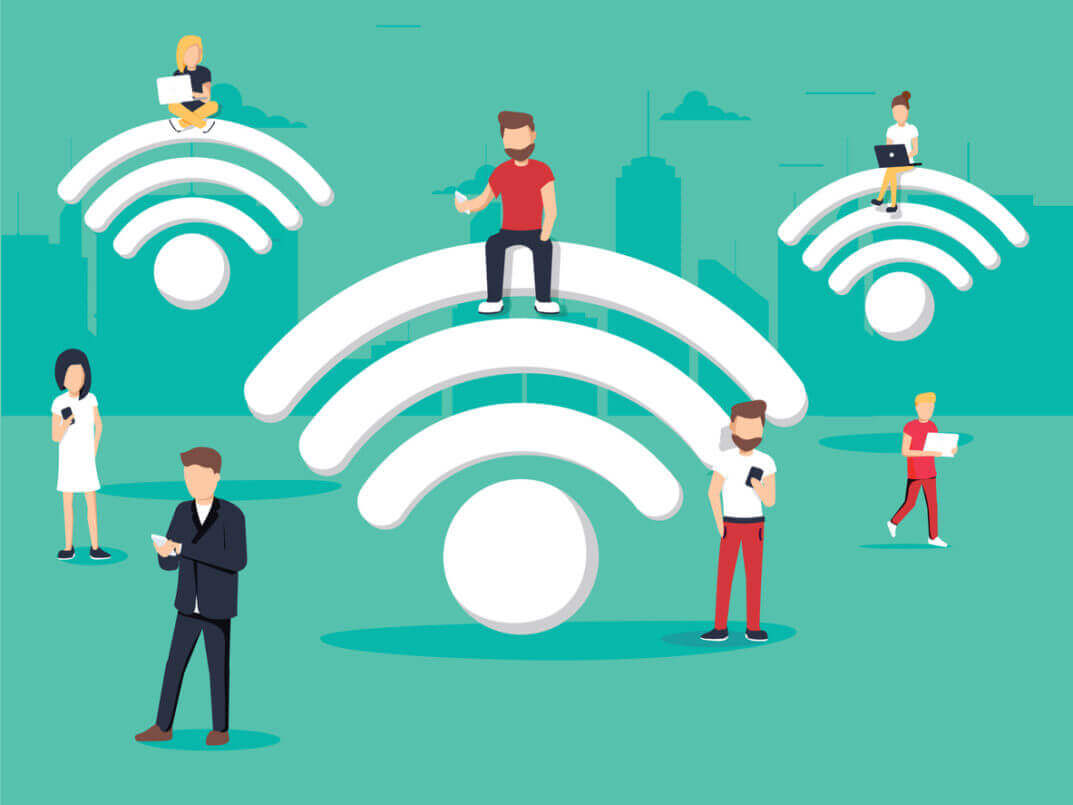When considering cyber security, the potential dangers of using public Wi-Fi networks are often overlooked. Accessing free, public internet poses safety risks that don’t exist on secure home or office networks. For example, you don’t know who set up the network or who else may be on the network with you. So, today we’ll discuss some quick tips to keep you safe if you find yourself having to access internet in less secure settings.
Which Public Networks to Trust
Not all public Wi-Fi networks are created equal. While no public Wi-Fi is completely safe, some are more likely to be secure than others. Your local coffee shop is probably more trustworthy than a random, unknown network that pops up. Consider this – if a random network is offering you free internet – what’s the catch? In opposition, a store or coffee shop is supplying internet as a service to paying customers.
HTTPS vs. HTTP
Especially when you’re on a public network, be sure to check the website heading. A site that starts with HTTPS is a secure site, while HTTP sites are considered by Google to not be secure. HTTPS means that other people on your network cannot see the data that goes between the website and your device. On the contrary, over HTTP connections, those around you can watch what you’re doing.
Sharing Info Before Gaining Wi-Fi Access
Some public networks ask for personal information before granting web access. Be wary of the information that you share. Though it may not always pose a security risk, it’s possible that your data could be sold to third party companies.
Using a VPN
If you must use a public network (as opposed to a personal hotspot or private network), the most effective way protect yourself is with a VPN. A VPN, or Virtual Private Network, allows you to connect to a private network via the internet and safely access data. VPNs are excellent safety precautions because nobody outside of the network can see your data. Most companies offer VPNs to employees in order to protect its sensitive data.
If you’d like help setting up a VPN, contact us
Interested in more tips for working outside of the office? Check out: 5 tips for working remotely
And for more security tips, click here: Is your IT Security up to Par?

